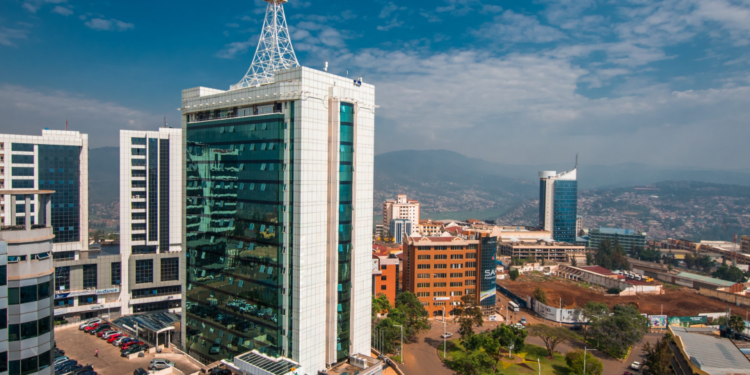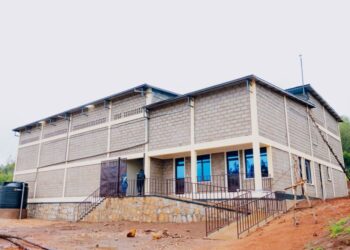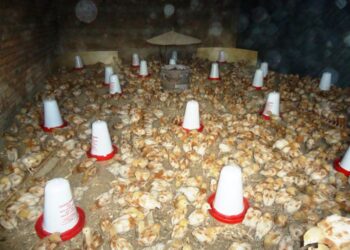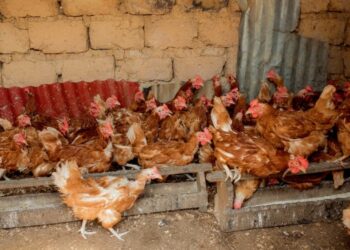Rwanda’s economy continues to demonstrate remarkable resilience and growth potential. Fitch Ratings has recently affirmed the country’s ‘B+’ credit rating with a stable outlook.
This decision reflects Rwanda’s strong governance and medium-term growth prospects. The rating agency acknowledges the nation’s ability to secure financial and technical support from international partners.
Rwanda’s economic performance has been impressive, with GDP expanding by 9.8% year-on-year in the second quarter of 2024. This growth slightly surpassed the 9.7% increase observed in the first quarter.
The industrial sector led the charge with a robust 15% growth, up from 11% in the previous quarter. Services and agriculture also contributed significantly, growing by 10% and 7%, respectively.
Looking ahead, Fitch forecasts Rwanda’s real GDP growth to reach 8.0% in 2024. This projection places the country well above the median for other nations in the same rating category.
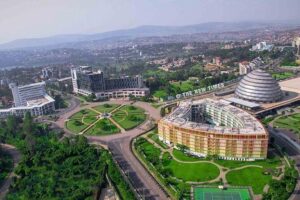
However, economic growth is expected to moderate to an average of 6.7% over the next two years. This deceleration is attributed to fiscal consolidation efforts and ongoing public investment in infrastructure projects.
One of the key drivers of Rwanda‘s economic growth is the development of the Bugesera International Airport. This project, along with other infrastructure investments, is expected to boost the country’s long-term economic prospects.
Additionally, domestic consumption is anticipated to grow, supported by increased credit availability and improvements in the labor market.
Rwanda’s Economic Outlook
Rwanda has made significant strides in managing inflation. The country’s inflation rate is projected to decrease dramatically from 14.3% in 2023 to 4.5% in 2024.
This reduction is largely due to the government’s previous monetary policy tightening and falling food prices. However, inflation is expected to rise slightly to 5.9% in 2025.
Despite these positive developments, Rwanda faces persistent challenges. The country’s GDP per capita remains low at $1,040, and it continues to grapple with budget and current account deficits.
Furthermore, the recent outbreak of the Marburg virus poses potential risks to the long-term economic outlook.
Rwanda’s debt situation presents a mixed picture. While government debt is expected to rise to 78.2% of GDP by 2025, it remains highly concessional.
This factor, combined with Rwanda’s strong governance relative to its peers, helps mitigate some of the associated risks. In comparison to other African nations, Rwanda’s ‘B+’ rating stands out positively.
It surpasses the ratings of several East African countries and is on par with Senegal but below Botswana with BBB+, the highest in Africa. This favorable position reflects Rwanda’s stronger governance and growth prospects within the region.
Ptv


